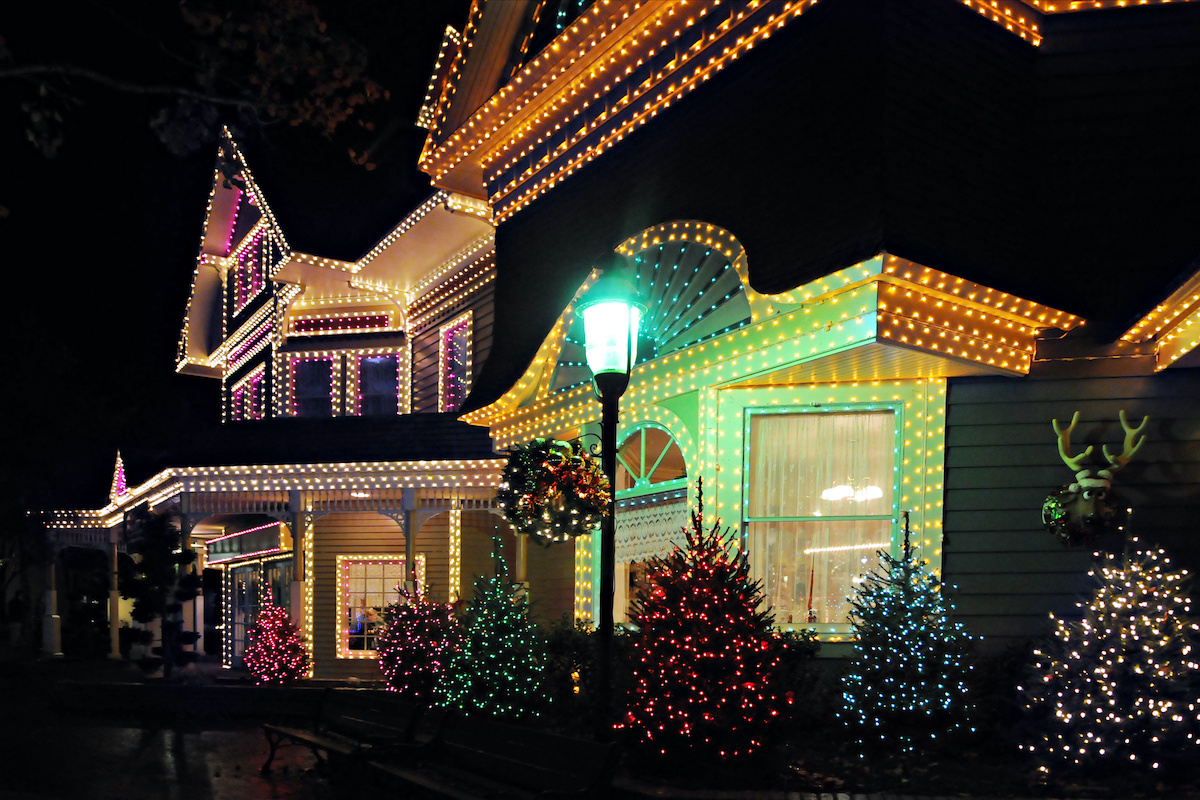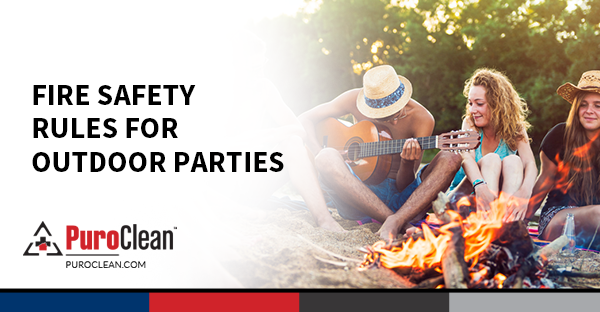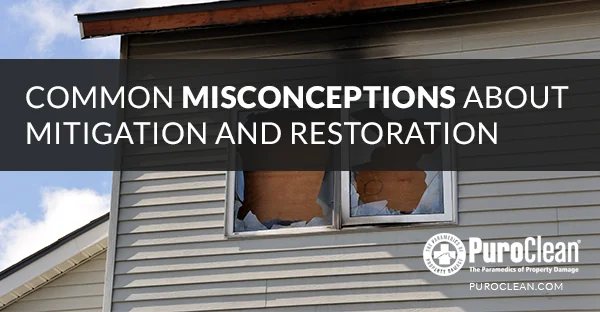We need heat to keep us warm during cold weather, but heating the home doesn’t come without risks. According to the U.S. Fire Administration, home fires occur more in winter than in any other season. Read these fire safety tips and keep them in mind as you heat up your home this winter.
Safety Guidelines for Fire Prevention This Winter
Wood-Burning Appliances
- Before firing up a wood stove or fireplace, have the chimney inspected annually and cleaned.
- Keep flammable objects at least three feet from a wood stove or fireplace.
- Never use flammable liquids to start or accelerate a fire in a fireplace or wood stove.
- Keep a glass or metal screen in front of a fireplace to prevent embers or sparks from flying out into the surrounding area.
- Never use excessive amounts of paper to overbuild a fire in fireplaces. That may ignite the creosote in the chimney.
- Make sure your fireplace fire is out before going to sleep.
- Before closing your fireplace damper, ensure the ashes are cool. Closing the damper will help the fire to heat up again and will force carbon monoxide into your home.
- If you use synthetic logs, follow the directions on the package. Use only one synthetic log at a time and never break one apart to quicken the fire.
- Discard cooled ashes in a tightly covered metal container. Store the container outside and away from the house.
- Check out more fireplace safety tips and how to maintain a wood burning fireplace.
Gas Furnace
- Have your furnace inspected to ensure that it’s in good working condition.
- Inspect the walls and ceiling near the furnace and along the chimney line. If the wall is hot or discolored, install additional pipe insulation.
- Check that the flue pipe and pipe seams are well supported and without holes and cracks. Soot along or around seams may signal a leak.
- Keep combustible items away from the heating system.
- Check out more tips to maintain your gas furnace.
Other Fire Safety Tips
- Keep portable generators outside, away from windows, and as far away as possible from your home to prevent carbon monoxide build-up.
- Never use a range or an oven for heating. Not only is it a safety hazard, but it can also be a source of carbon monoxide.
- If you use electric heaters, plug only one heater into a wall outlet at a time to avoid overloading the circuit. If you can’t use a wall outlet, use extension cords of the same size or larger than the heater’s electrical cord.
- Avoid using electric heaters in bathrooms or other areas where water is frequently used.
- Never try to thaw frozen water pipes with a blow torch or other open flame. The pipe could conduct the heat and ignite the wall structure inside the wall space.
- Regularly plan and practice your fire escape plan with your family. Establish two exits in each room.
- Use emergency escape ladders to exit through windows in case the primary escape route is blocked.
- If there is a fire hydrant near your home, keep it clear of snow to help the fire department locate it in case of a fire.
Contact Your Local PuroClean Office for Fire Restoration Services
Do not let a fire ruin your winter. Even in Florida, house fires are more common in the winter. Check out more home heating safety advice and remember to be fire smart whenever you’re using heating devices! For professional smoke remediation or fire damage repair, contact PuroClean of Wellington at (561) 412-5566.




 PuroClean of Wellington
PuroClean of Wellington